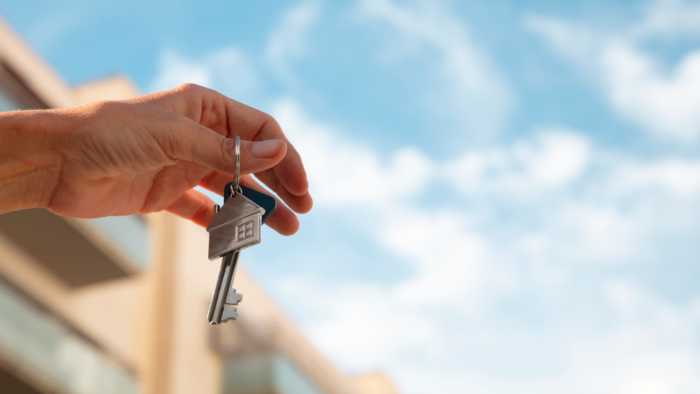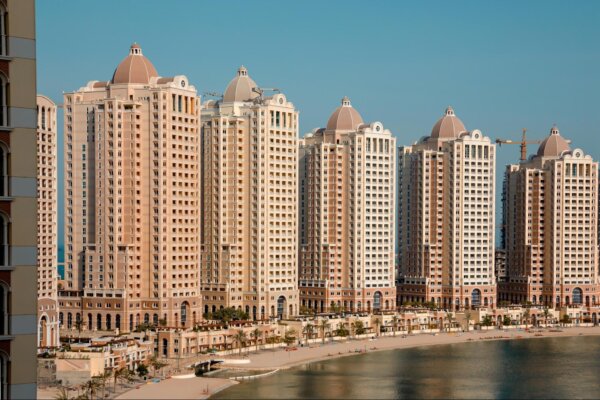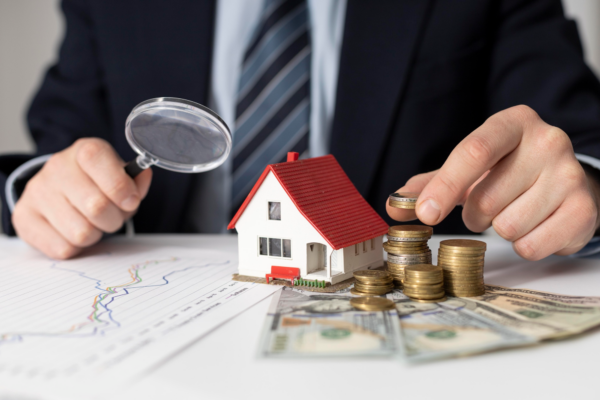The property market in Qatar is on the rise, and it’s easy to see why.
A thriving economy, world-class infrastructure, and investor-friendly reforms have made it one of the Gulf’s most appealing real estate destinations.
Whether you’re an expat, investor, or simply curious about the market, Qatar offers more than just profit. It offers lifestyle, stability, and long-term growth.
From luxury apartments in Lusail to waterfront villas in The Pearl, the options are varied, high-performing, and full of potential.
Here’s everything you need to know before you buy.
Overview of the Property Market in Qatar
Qatar’s real estate sector has been evolving fast — especially in 2025 — with ambitious projects like Lusail City redefining Doha’s skyline and attracting global attention.
Investors are seeing rental yields between 7% and 9%, while capital appreciation in prime areas such as The Pearl and Lusail averages 8% to 12%.
A few things driving this momentum:
- 5% GDP growth rate and 1% inflation
- A stable, gas-backed economy
- Upcoming events like the Asian Games 2030, which will fuel demand for rentals and hospitality
Basically, Qatar’s market combines luxury appeal with investment stability, which is a rare and attractive balance in the region.
Factors Driving Investment Value

Several key factors make buying property in Qatar a smart move, from strong economic performance to residency benefits and world-class infrastructure.
High Yields and Capital Growth
Qatar’s high-end real estate consistently delivers solid returns. In popular districts, investors enjoy 7%–9% rental yields, outperforming many other GCC markets.
Branded residences like La Mer by Elie Saab attract a 15–30% premium due to their exclusivity and prestige. And waterfront properties sell faster and rent for more, offering investors a healthy mix of income and capital growth.
Economic Stability and Strength
Qatar’s economic fundamentals are rock solid. A 5% GDP growth rate and low inflation provide a stable environment for long-term investors.
The government’s Qatar National Vision 2030, backed by a $200 billion infrastructure plan, continues to boost real estate, tourism, and logistics.
When you add this to its AA credit rating and a declining debt-to-GDP ratio, you have one of the Gulf’s most dependable markets.
Investor-Friendly Policies
The key attributes? No property tax. Straightforward ownership laws. Long-term residency.
Foreigners investing QAR 7.28 million or more qualify for 10-year residency, while smaller investments (around QAR 730,000) still allow renewable residency.
The government has also simplified property registration through Law No. (5) of 2024, digitising transactions and improving transparency. This means easier, faster, and more secure deals, even from abroad.
Infrastructure and Urban Growth
Qatar’s investment in infrastructure is transforming its property landscape.
The Doha Metro expansion alone is expected to lift surrounding property values by up to 3%, while improved roads and public services make emerging areas more desirable.
Meanwhile, green-certified buildings that are designed for energy efficiency and sustainability are becoming the new standard, attracting eco-conscious tenants and premium rents.
Types of Properties and Best Areas for Investing

Every investor is different, whether you’re looking for a home for yourself and your family or wanting to embark on a financial venture, the type of property and area is a personal decision.
Property Types
Qatar offers something for every kind of investor:
- Apartments: Found in West Bay, Lusail, and The Pearl perfect for professionals and short-term tenants.
- Villas: Spacious, family-oriented, and high in long-term rental demand.
- Townhouses: A balance between comfort and affordability.
- Branded Residences: Premium units tied to global luxury brands, with faster resales and stronger yields.
- Green-Certified Buildings: Sustainable, energy-efficient developments that command higher rent and future value.
Best Areas for Investing

- Lusail City: Qatar’s futuristic urban gem growing fast, with rising property values and strong tenant demand.
- West Bay: The city’s commercial and financial hub; ideal for investors seeking stability and premium clientele.
- The Pearl: The benchmark for luxury living with resale premiums of up to 30%.
- Emerging Areas: Al Wakrah and Qetaifan Island North are gaining traction among mid-range investors looking for long-term appreciation.
Regulations and Buying Process for Foreigners
Foreign investors can buy property in designated freehold and leasehold zones.
Freehold areas include: The Pearl, Lusail, Al Dafna, Al Qassar, and others — allowing full ownership rights.
Leasehold areas (like Msheireb, Al Sadd, and Al Nasr) offer 99-year leases with full usage and investment benefits.
Mortgage Rules:
- Up to 70% loan-to-value ratio
- 30% down payment required
- 20-year loan term maximum
- Borrowers must be under 65 at loan maturity
Is it Worth Buying Property in Qatar? Risks and Considerations
No market is without risks, and Qatar is no exception. Investors should keep an eye on:
- Changes in foreign ownership laws or residency policies
- Global economic shifts that could affect rental demand
- The premium pricing of branded or sustainable developments
That said, these higher-end properties tend to deliver better long-term returns. Doing proper due diligence or working with a local advisor is the best way to invest smartly and safely.
Key Takeaways
- Strong returns: 7–9% rental yields in prime areas
- Capital growth: 8–12% appreciation projected for 2025
- No property taxes and residency incentives for qualifying buyers
- Infrastructure upgrades driving sustained demand
- Streamlined buying process for expats
FAQs
Can foreigners buy property in Qatar?
Yes, in designated freehold zones. Eligible investments also grant residency rights.
What are the typical returns?
Between 7%–9% in high-demand areas such as Lusail and The Pearl.
Are there property taxes?
No. Qatar has a completely tax-free property system.
Which areas are best for investment?
Lusail City, West Bay, and The Pearl offer a mix of rental demand and capital growth potential.
Can expats get a mortgage?
Yes. Loans are available up to 70% of the property’s value, with a 30% down payment and a 20-year term.
Conclusion
So, is it worth buying property in Qatar?
Absolutely.
With strong rental yields, zero property taxes, and a booming economy, Qatar has cemented itself as one of the Gulf’s most rewarding real estate markets.
From lifestyle-focused living to pure investment play, areas like The Pearl, Lusail, and West Bay continue to deliver on both counts.
Ready to explore what’s out there?
Browse listings on Property Finder and find the investment that fits your goals — and your future.



